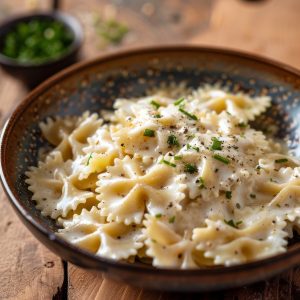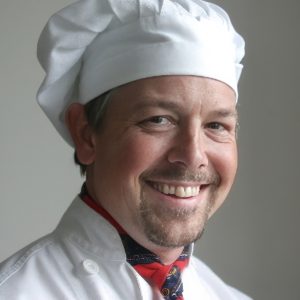Mistake #1: Not Knowing Your Goals and Aspirations
Embarking on a culinary education is an exciting journey with opportunities to hone your skills, learn new techniques, and shape your future in the food industry. However, starting this journey without clearly defined goals and aspirations can be a significant misstep.
Knowing your culinary school goals is essential for several reasons. It provides direction and purpose, ensuring you maximize your education by focusing on areas that align with your passions and career ambitions. Whether you aspire to become a renowned chef, a successful restaurateur, or a food writer, having clear goals helps you choose the right program and courses that support your aspirations.
Additionally, it keeps you motivated and committed, especially during challenging times. Without a clear vision, you might be overwhelmed by the myriad of possibilities, leading to indecision and a lack of focus.
By setting specific, achievable goals, you not only enhance your learning experience but also make it more engaging and exciting. This approach positions you for success in the highly competitive culinary world. Understanding what you want to achieve and how you plan to get there is the first step toward turning your culinary dreams into reality.
Match the School’s Focus to Your Culinary Style
List your three most important culinary goals. Do you want to work with traditional Italian cuisine or classic French techniques? Would you like to become more adept at Thai cooking as a way to expand the menu in your current restaurant? Do you want to learn basic knife skills and learn about the science of baking?
Once you know what you want, you’ll better match schools to your goals. Most culinary schools are pretty open about what they offer; for example, a visit to a school’s website instantly lets you know that they focus on traditional French cooking techniques.
Visiting your local community college’s website might demonstrate that they focus more on job skills development than artistry.
However, no matter what school you look at, be sure to visit the “Programs” section of their brochure or website. Make sure that you really want to land in one of those programs before you waste your time applying to or visiting the school.
Choose Where You Want to End Up
Equally important is determining what sort of career path you want to take. The culinary field is diverse, and there are several career options. While many of the characteristics of these jobs overlap, switching from a bartender to a product development specialist can be difficult without the proper education and training. Consider all the following culinary options:
- Front of House: Managers, Owners, Sommeliers, Bartenders
- Back of House: Executive Chefs, Pastry Chefs, Sous Chefs, Line Cooks, Dishwashers
- Management: Hotel Managers, Restaurant Managers, Kitchen Supervisors, Food and Beverage Managers
- Other: Personal Chefs, Food Critics, Culinary Instructors, Food Stylists, Food Writers, Product Development and Research Specialists, Caterers, Menu Developer
The reality of culinary promotions and settling into your preferred niche is that it can be just as difficult to become the Executive Chef at a restaurant as it is to become CEO of a large corporation.
In addition to education, experience, and true talent, you have to put in quite a bit of time at a single company or break out to start your own before you can really realize your dreams. In fact, in most cases, it takes nearly five years of cooking experience just to become a sous chef – and even then, it’s not guaranteed.
That’s why knowing what you want BEFORE signing up for culinary school is important. While there is no hard and fast rule as to why you can’t become an Executive Chef, you do have to start making the right decisions to get there right now.
Is A Culinary Career Right For Me?















